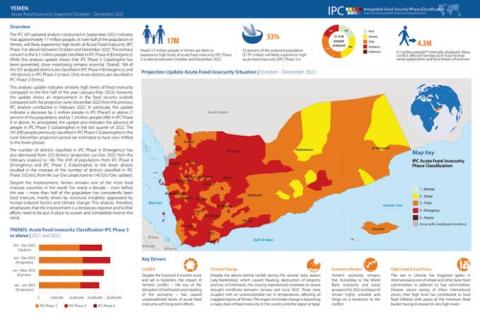FSO safer : Yemen oil tanker accident would be a preventable nightmare


Everywhere US President Joe Biden has gone in the Middle East this week, he has confronted critical yet near-insoluble challenges, from forging peace between Israel and the Palestinians to thwarting Iran’s nuclear brinkmanship. That’s all the more reason for the US and its partners to hurry up and fix the easiest problem they face.
Less than five nautical miles off the coast of war-torn Yemen sits a rusting oil tanker named the Safer (pronounced “saffer”). After plying the seas for six years, the ship was converted in 1987 into a floating storage-and-offloading facility — cheaper than an onshore terminal — linked by pipeline to the Yemeni oilfields in Marib. Since 2015, operations have been disrupted by the country’s civil war. A skeleton crew maintains the ship, which is steadily corroding and could break apart at any moment. A system meant to pump inert gas into the tanks to prevent an explosion hasn’t worked since 2017.
The Safer holds more than a million barrels of crude oil, four times as much as spilled from the Exxon Valdez in 1989. If it sinks, the consequences could be devastating. A spill would wipe out livelihoods for coastal fishing communities and could disrupt crucial desalination plants along the Red Sea coast. Relief agencies would no longer be able to deliver aid to nearby ports, at a time when 17 million Yemenis desperately need food assistance. Environmental damage would be extensive; fishing stocks could take a quarter-century to recover. Cleanup costs alone are estimated at $20 billion. Shipping disruptions could cost the world economy billions more.
After being initially unhelpful, the Houthi rebels who control the area have finally agreed to a United Nations plan to prevent the worst. A Dutch company will first stabilize the ship, then offload the oil and prepare the Safer for salvage. The UN has agreed to replace the ship with an equivalent, more stable facility — most likely a newer tanker. (Where the proceeds from any sales should go remains to be determined.)
Just under $80 million is needed to launch the first phase of the operation. Donors, including the US and Saudi Arabia, have collectively pledged only $60 million. Wealthy Gulf nations such as the United Arab Emirates and Bahrain have contributed nothing; neither have big Asian countries such as China and Japan. A month-old UN crowdfunding appeal has brought in a paltry $125,000.
There is little time to waste. The initial salvage operation will require four months, pushing it into the October-December period when seas in the area grow rougher and more dangerous. Delay could also threaten the fragile agreement between the UN and the Houthis. By contrast, a successful operation could bolster the ongoing truce between the rebels and the Saudi-led coalition supporting the Yemeni government.
When he meets with members of the Gulf Cooperation Council in Jeddah , President Biden should urge them to find the $20 million — approximately as much as Saudi Arabia earns every 30 minutes in oil sales — without delay. Other rich nations should bestir themselves as well, if not for the first phase of the operation then to fund the second, which will require an additional $64 million. Sales of scrap metal from the Safer could offset some of that cost.
In a world awash with looming disasters, it’s hard to think of one simpler to avert. Missing this opportunity would be indefensible.

Yemeni officials on Monday condemned arrests and prosecutions by the Iran-backed Houthi militia directed against media, journalists and celebrities…

Yemen's warring parties are gearing up for new waves of conflict in 2023 amid a lack of decisive steps towards sustainable peace, adding to the suf…

The UAE will help to recruit doctors and deliver crucial supplies for hospitals in Yemen under a major healthcare drive. The Khalifa bin…